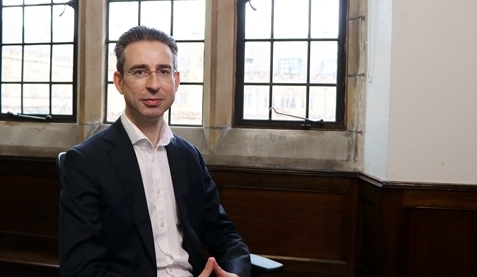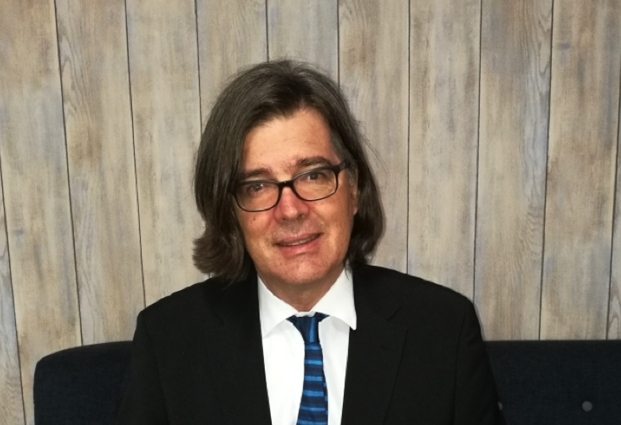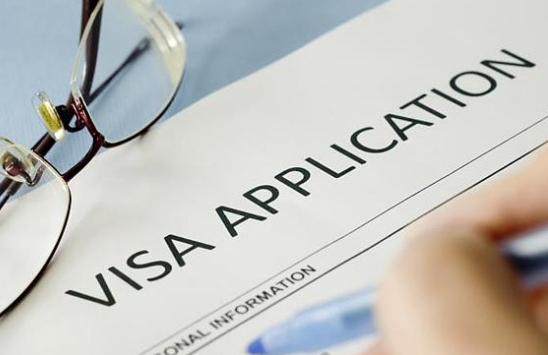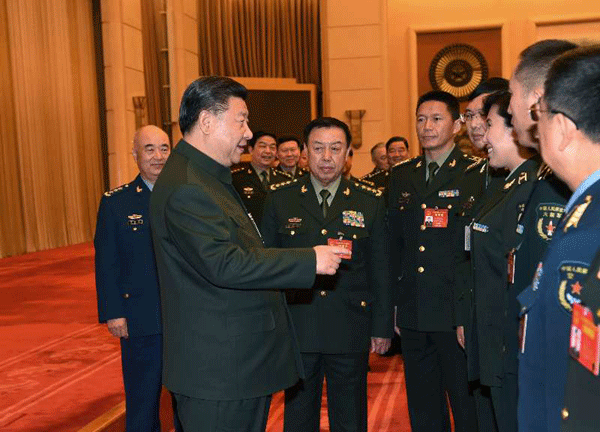“為所有有興趣移民澳洲的人士在每一個階段,提供最優質的幫助和最恰當的移民建議。”
——Alan Duri
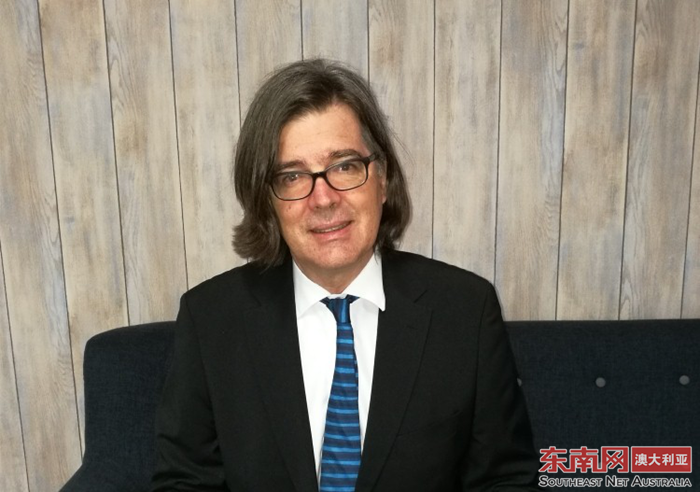
退休行政仲裁移民法庭法官——艾倫·杜里(Alan Duri)
【引言】澳大利亞移民法復雜多變,但對于有意向移民澳大利亞的人士而言,澳大利亞的簽證體系通常有五條通往永久居民的路徑。本文中,退休行政仲裁移民法庭法官——艾倫·杜里(Alan Duri)將為有興趣了解澳大利亞移民體系的讀者提供大致框架。關于各類別簽證的具體情況和信息將在今后的文章中詳細解讀。
通常來說,移民澳大利亞的五條永居途徑包括:
? 人道主義/難民保護簽證——此類簽證適用于那些在祖籍國受到政治或人道迫害的人士。
? 獨立技術移民簽證——此類簽證適用于有著良好英語技能年輕的高技術人才。
? 家庭類簽證(包括配偶簽證)——此類簽證適用于配偶、父母或子女是澳洲公民或永久居民的人士。
? 雇主擔保類技術簽證——此類簽證適用于在澳洲有雇主愿意提供擔保給申請人的情況
? 商業/投資移民簽證——此類簽證適用于有意在澳創立生意或投資澳洲的商業人士。
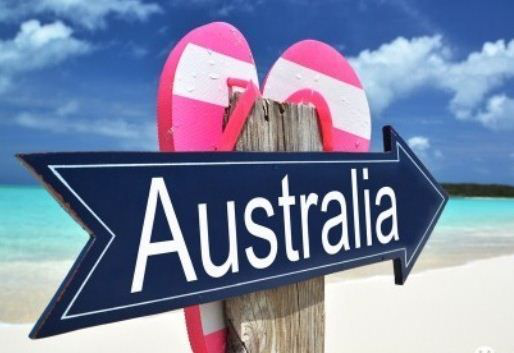
圖片來源于網絡。
人道主義/難民保護簽證
澳大利亞政府為符合聯合國有關難民公約中難民定義的人士提供難民保護簽證。然而,多年行政仲裁法官的經驗讓艾倫明白,難民保護簽證對于華人申請人來說,通常是徒勞無功的,最多只是給申請人爭取更多一點的時間。艾倫認為,對于申請了保護簽證中國公民來說,如果未來他們還有機會申請其他類型的簽證的話,保護簽證的申請記錄會使申請人及其全部家人都帶上不良記錄,甚至會影響申請人的父母辦理探親旅游簽證。
獨立技術移民簽證
獨立技術簽證適用于具有澳洲特定短缺職業技術的人才。這些短缺職業都公布在技術職業清單上,并時常更新。通常申請人需要在50歲以下,并且英語至少要達到相應英語水平。此類簽證的主要特點就是申請人需達到分數測試的要求,該測試對于教育良好、熟練掌握英語的年輕人有利。另一個優勢在于它并不需要申請人有雇主擔保或是與有澳大利亞公民有任何的家庭聯系。對于在澳學習過的年輕人而言,申請此類簽證一種比較普遍的移民途徑。
該簽證的劣勢就是對于某些職業存在著一定的配額。例如當前,會計師就比工程師更難獲得簽證。澳大利亞所需要的技術人員的種類會隨著時間而改變,有時某些職業甚至會從職業清單中去除。申請者有可能為獲取某項職業技能耗費大量時間,到申請時卻發現該職業已不在職業清單中。
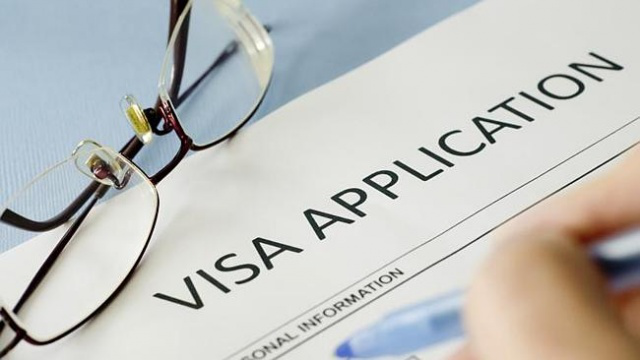
圖片來源于網絡。
家庭類簽證
澳大利亞公民以及永久居民可以擔保近親成員,例如父母、孩子以及配偶移民澳洲。但澳大利亞政府會對某些家庭類簽證每年的批簽數量有所限制,這就導致非常長的等候期。例如目前最后親屬簽證的等候期就超過50年,普通的父母簽證就要等候長達30年才能得到審批,可以說這類的家庭的簽證基本上名存實亡。艾倫在此強烈提醒申請人,如果有移民代理建議通過此類家庭簽證來獲取永居資格的話,一定要非常小心。
雖然父母簽證可以通過付費回避長時間的等待,但這樣一來,簽證申請費要比普通父母移民簽證的費用高出許多。本質上說,更高昂的申請費意味著更快的簽證審理。
在家庭類簽證中,配偶簽證占獲批簽證的絕大部分。配偶簽證沒有配額,但簽證審批時間可長達一年。配偶簽證的審批通常分兩個階段:申請人需要先申請臨時簽證,再申請永久簽證。他們需獲得配偶的擔保,并且擔保必須獲批。配偶簽證申請中最重要的要求就是申請人與擔保人間的關系必須是真實的。如果移民局認為此段關系是偽造的,其唯一的目的就是為了簽證的話,那簽證申請就會遭到拒絕,甚至會導致6年以上不等的禁入處罰。
雇主擔保類技術簽證
雇主擔保簽證意在幫助澳大利亞雇主招聘、提名技術人員填補當前地方勞動力市場的空缺。此類簽證通常包括兩個步驟,申請人首先需要取得已獲批的澳大利亞雇主的提名,然后再提出簽證申請。通常情況下,申請人在持有457臨時工作簽證并為雇主工作至少兩年后可以過渡到永久簽證。在未來的文章中,艾倫將會詳細介紹457的簽證申請過程。
此外,申請人也可以通過直接提名某個崗位獲得永久簽證,而不需經過457簽證的過渡。這條途徑對于之前沒有在澳工作過的申請人是開放的,前提是他們需得拿到澳洲雇主的提名。對于那些被擔保去邊遠地區工作的人士,要求會相對寬松。邊遠地區雇主提名簽證的優勢在于更易獲得簽證,而劣勢在于簽證申請成功的申請人必須按要求需在邊遠地區工作相應的年限。
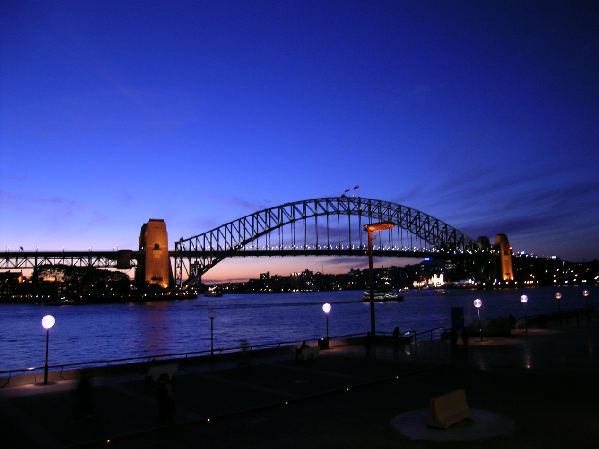
圖片來源于網絡。
商業/投資移民簽證
不同的商業與投資簽證適用于可以證明自己擁有成功的創新、投資或經商歷史,并能夠對澳洲經濟作出巨大貢獻的成功商業人士。商業投資簽證需要州或領地政府的提名,主要由以下三種類別的簽證構成:
一、商業天才簽證(132類永居簽證)
二、商業創新與投資簽證(188類臨時簽證)
三、商業創新與投資簽證(888類永居簽證)
大部分商業創新與投資的移民持188類臨時簽證進入澳大利亞至少四年,在成功證明已滿足188類商業創新與投資類具體小分類的簽證的具體要求后,可以申請相應的永居簽證(888類)。
188類簽證共有五種小分類:
1、商業創新類 (188A類):適用于想要在澳建立、發展或是管理全新的或是現存的一個生意。要求申請人至少擁有80萬澳幣的資產,在過去四年里持有該資產至少有兩年以上的歷史,可將這80萬澳幣轉入澳洲用于創立生意以及安家,并且要有證據證明申請人所擁有的生意在過去四年里至少有兩年的年營業額達到50萬澳幣。該簽證類別有分數測試。如果申請人沒有通過分數測試,那么簽證就無法通過。
2、投資類別(188B類):適用于愿意在澳某個州或領地進行指定類型的投資,投資額達到至少150萬澳幣,并且愿意繼續保持在澳商業和投資活動的商業人士。與188A相似,該簽證類別也要求分數測試。
3、顯著投資者類別(188C類):適用于愿意在澳某個州或領地進行指定類型的投資,投資額至少達到500萬澳幣,并且愿意繼續保持在澳商業和投資活動的商業人士。
4、至尊投資者類別(188D類):適用于愿意在澳進行指定類型的投資,投資額高達1500萬澳幣,并且愿意繼續保持在澳的商業和投資活動的商業人士。據了解,188D類的簽證很少有商業人士申請,也很少有該類簽證獲批。
5、企業家類(188E類):適用于已從第三方獲得至少20萬澳幣的投資協議,來進行符合要求的企業家活動,目的用于實現在澳某種商品或服務的商業化或是某項生意的發展。188E類簽證在華人中目前并不普遍,主要是因為在所有的商業簽證中,只有188E類有英語要求。
上述188類簽證都是臨時簽證,如果申請人滿足在澳的生意要求或是投資要求,并且在澳居留一定時間后,都可以在188簽證的基礎上申請888永居簽證。如果商業移民有很高的商業技能(132A類)或是從澳大利亞風投公司——AVCAL成員處獲得至少100萬澳幣的基金(132B類),他們也可以通過申請商業天才簽證來直接獲得永居資格。132A類簽證要求在過四年中,申請人的主營生意(可多達兩個)的年營業額至少兩年里達到300萬澳幣,公司與個人資產總和至少達到150萬澳幣。
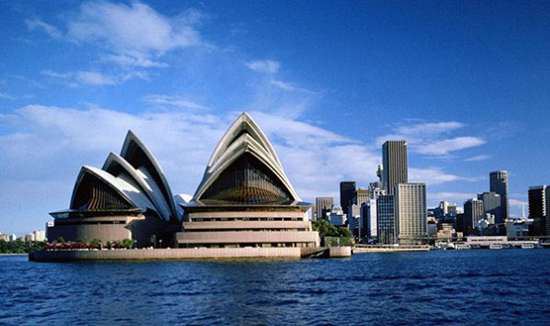
圖片來源于網絡。
上述內容僅是永居簽證的基本概述。在接下來的文章里,艾倫·杜里還將深度分析不同的簽證選擇。歡迎持續關注本專欄,獲取最權威的澳洲移民資訊。
FIVE PATHWAYS TO PERMANENT RESIDENCY
Australia’s visa system has five pathways to permanent residency. Broadly speaking these pathways are:
?Humanitarian/protection visas -These visas apply to people who have claims of persecution in their home country.
?Independent skilled visas -These visas apply to highly skilled young people with good English skills.
?Family visas (including partner visas) -These visas apply to people who have a partner, parent or child who is an Australian citizen or permanent resident.
?Sponsored skilled visas -These visas apply to people who have an employer in Australia who is willing to sponsor them.
?Business/investment visas -These visas apply to business people with the intention to start a business or invest in Australia.
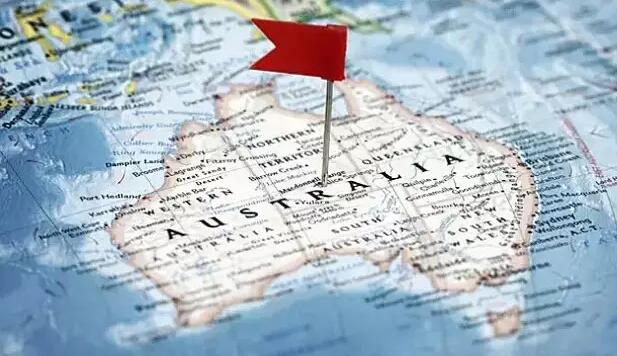
圖片來源于網絡。
Australian migration law can be complicated. The following article is a very broad overview.
Protection/humanitarian visas
Australia gives protection visas to people who meet the United Nations Refugee Convention definition of being a “refugee”. Most people who are granted humanitarian or protection visas from outside Australia usually come from refugee camps around the world, for example from war torn zones in Africa. However it is theoretically possible to apply for a protection visa while in Australia. For example there is nothing stopping a Chinese citizen who comes to Australia on a visitor visa to apply for protection. My experience is that in the Chinese context that the protection visa option is usually futile and at best buys the person a bit of extra time in Australia. In fact I think that it is usually counterproductive for Chinese citizens to apply for protection as it gives that person and their family members a black mark if they apply for legitimate visa in the future.
Independent skilled visa
Independent skilled visas are available to people who have suitable skills in particular occupations that are in short supply in Australia. These occupations are on a published “Skilled Occupation List” and can change over time. Usually the person needs to be under 50 and have at least competent English. A key feature of this visa is that an applicant needs to satisfy a “points test”. This points test favours well educated young people with high command of English.
An advantage of this visa is that it does not require a person to be sponsored or have any family connection to an Australian. This type of visa is a common pathway for young Chinese who have studied in Australia.
A disadvantage for this type of visa is that there are quotas with some of the occupations. For example, I know that qualified accountants have less chance of being offered a visa than engineers. The mix of skilled workers required by Australia changes over time and sometimes some occupations are taken of the skilled list. Therefore, it is possible to waste your time obtaining skills in a particular occupation only to find that at the end the occupation has been taken off the skilled list.
Family visas
Australian citizens and permanent resident can sponsor close family members such as parents, children or spouses to migrate to Australia.
However in practice some of these visas have huge waiting lists. The Australian government limits the numbers of some of the family visas that can be granted each year. The result is that there are long queues. For example the current wait for a “remaining relative” visa is over 50 years. A normal parent visa can take over 30 years to process. Essentially some of these family visas are visas in name only. I urge extreme caution if anyone is offered a pathway through one of these family visas. However, a parent visa that escapes this long queue is called the “contributory parent” visa. As the name suggests this visa requires a significantly higher visa application. Essentially the payment of the higher fee means a quicker visa processing time. Partner visas account for the majority of visas granted in the family visa category. There is no quota for partner visas but processing can take up to one year.
Partner visas are processed in two stages – the visa applicant partner first applies for a provisional (temporary) visa, and then a permanent visa. They must be sponsored by a partner and that sponsorship must be approved.
The central criterion for a partner visa is that the relationship between the two people be “genuine”. If the Department thinks that the relationship was contrived solely so enable a visa, then the visa application will be refused.
Sponsored skilled visas
Employer sponsored visas are designed to help Australia’s employers to recruit and nominate skilled people to fill positions that they have not been able to fill from the local labour market. This visa involves a two-step process, firstly, nomination by an approved Australian employer and then an application. A common pathway is for a person has been working for an employer for at least two years while holding a temporary 457 visa to “transition” to a permanent visa. I will discuss the 457-visa process in future articles.
Alternatively, a person can be directly nominated into a position without the need to go through the 457 process. This pathway is open to people who have never previously worked in Australia. However, the person must be nominated by their Australian employer. The rules are slightly relaxed for those who are sponsored to work in regional areas. The advantage of a Regional Employer Nomination visa is that it could be easier to get a visa. The disadvantage is that the successful applicant would be required to work in a regional area.
Business/investment visas
Various business and investment visas are available to those that have a demonstrated history of success in innovation, investment and business and are able to make a significant contribution to the Australian economy.
Business and Investment visas require nomination from a State or Territory government and are made up of three subclasses:
?Business Talent (Permanent) visa (subclass 132)
?Business Innovation and Investment (Provisional) visa (subclass 188)
?Business Innovation and Investment (Permanent) visa (subclass 888).
Most business innovation and investment migrants enter Australia on a provisional visa subclass 188 for a minimum of four years and after satisfactory evidence of a specified level of business or investment activity can apply for permanent residence (subclass 888). The subclass 188 visa has five “streams”:
?Business Innovation stream (“subclass 188A”): for people with business skills who want to establish, develop and manage a new or existing business in Australia. At a bare minimum a person requires at least AUD800,000 available to establish a business in Australia as well as evidence that in at least two of the last four years the person owned a business with a annual turnover of at least AUD500,000 per annum. This visa category has a “points test”. If a person does not “pass” the points test, then the visa will not be granted.
?Investor stream (“subclass 188B”): for people who want to make a designated investment of at least AUD1.5million in an Australian state or territory and maintain business and investment activity in Australia. A person must be able to demonstrate at least three years experience of direct involvement in managing business or investments. Similar to subclass 188A, the visa also has a points test.
?Significant Investor stream (“subclass 188C”): for people who are willing to invest at least AUD5million into complying significant?investments in Australia and want to maintain business and investment activity in Australia. Unlike subclass 188A and 188B, a subclass 188C does not require an applicant to pass a points test. There is also no requirement that the AUD$5million need to have been held for any particular length of time. The key criteria is that AUD5million must have been lawfully acquired.
?Premium Investor stream (subclass 188D”): for people who are willing to invest at least AUD15million into complying premium investments in Australia and want to maintain business and investment activity in Australia. To my knowledge very few (if any) subclass 188D visas have ever been granted.
?Entrepreneur stream (subclass 188E”): for people who have a funding agreement from a third party for at least AUD200 000 to undertake a complying entrepreneur activity that is proposed to lead to either the commercialisation of a product or service in Australia or the development of a business in Australia.? Subclass 188E visas are not common in the Chinese context because of all the business visas subclass 188E is the only one with an English language requirement
All of the above subclass 188 visas are “provisional” visas that can lead to the grant of a permanent subclass 888 visa provide the person maintains the business/investment in Australia and also spends a certain amount of time in Australia. Alternatively, business migrants can apply for a business talent visa to get direct permanent residence if they have high level business skills (“subclass 132A”) or have obtained at least AUD1million funding from an Australian venture capital firm -AVCAL member, (“subclass 132B”).
The subclass 132A visa requires that in at least two of the last four years, the applicant’s main business(es) had an annual turnover of at least AUD3 million.?
The business and personal assets also need to be at least of at least AUD1.5million.
The above is a very general overview of the permanent visa options. In the next few articles I will be providing more in depth analysis of the different visa options.
Alan Duri Director and founder of Yang & Duri Migration Sydney Australia.


